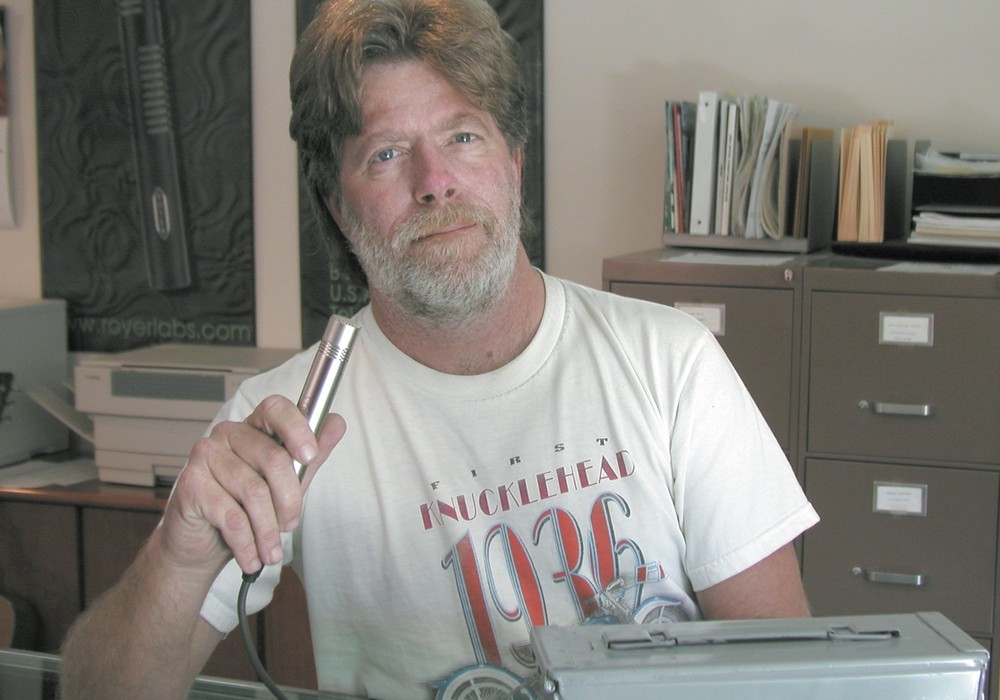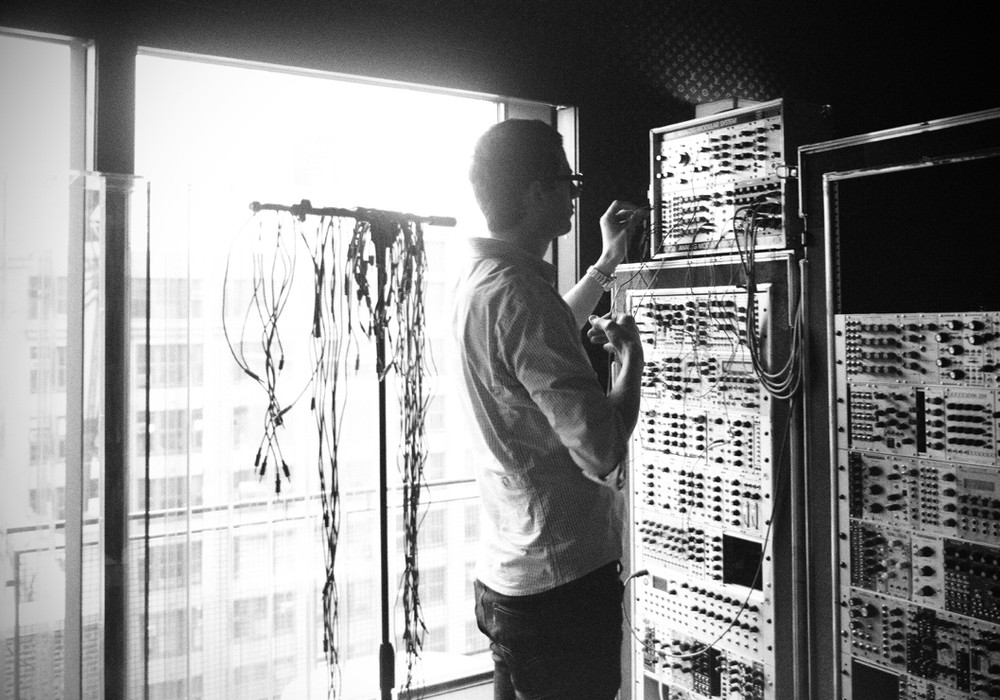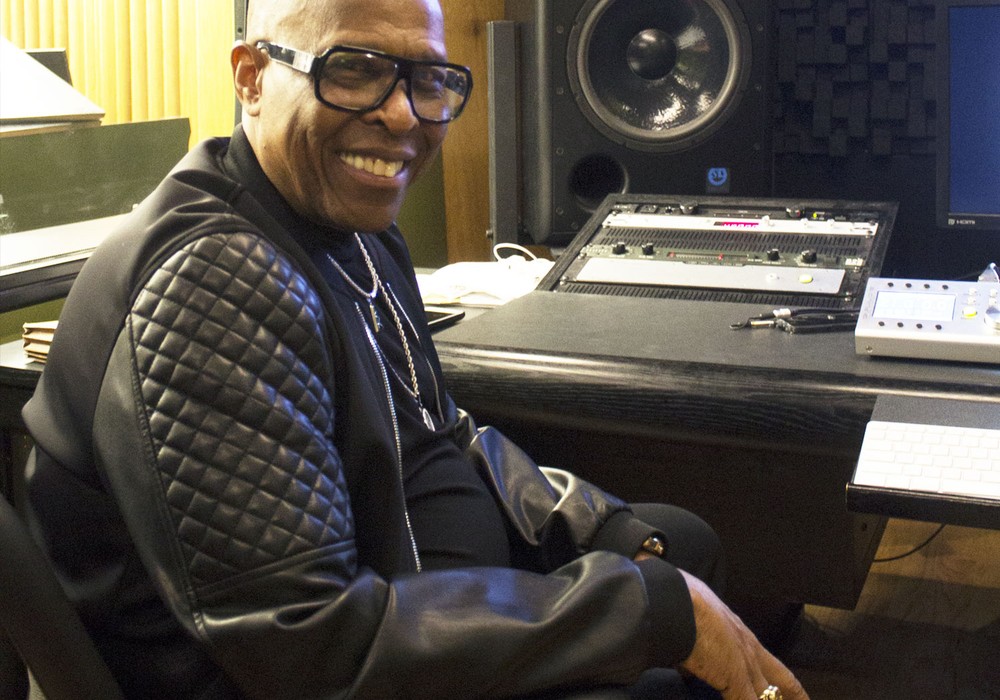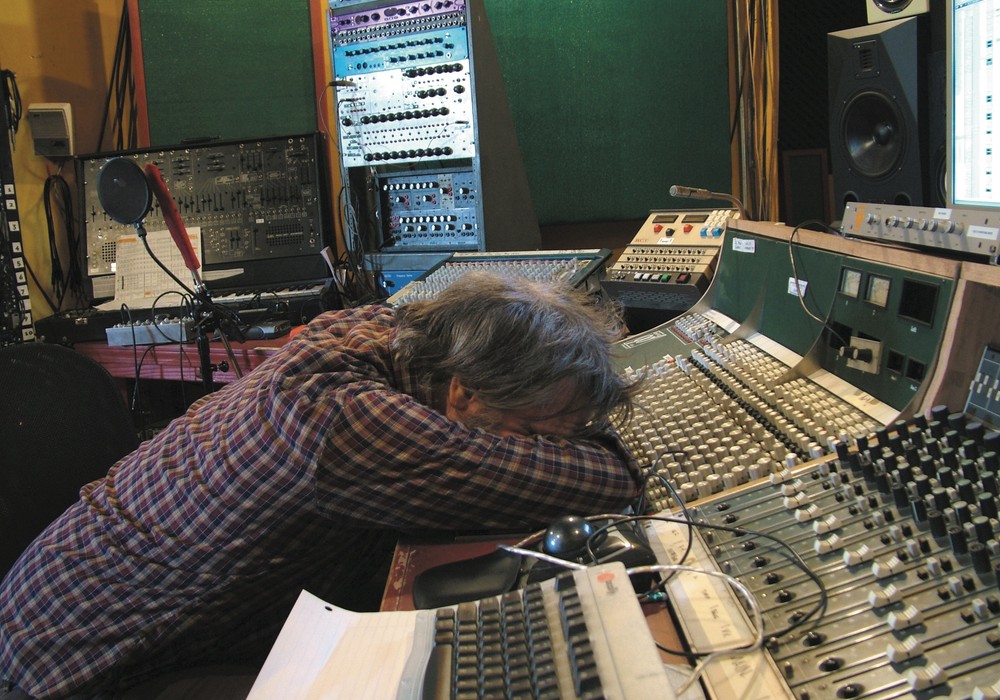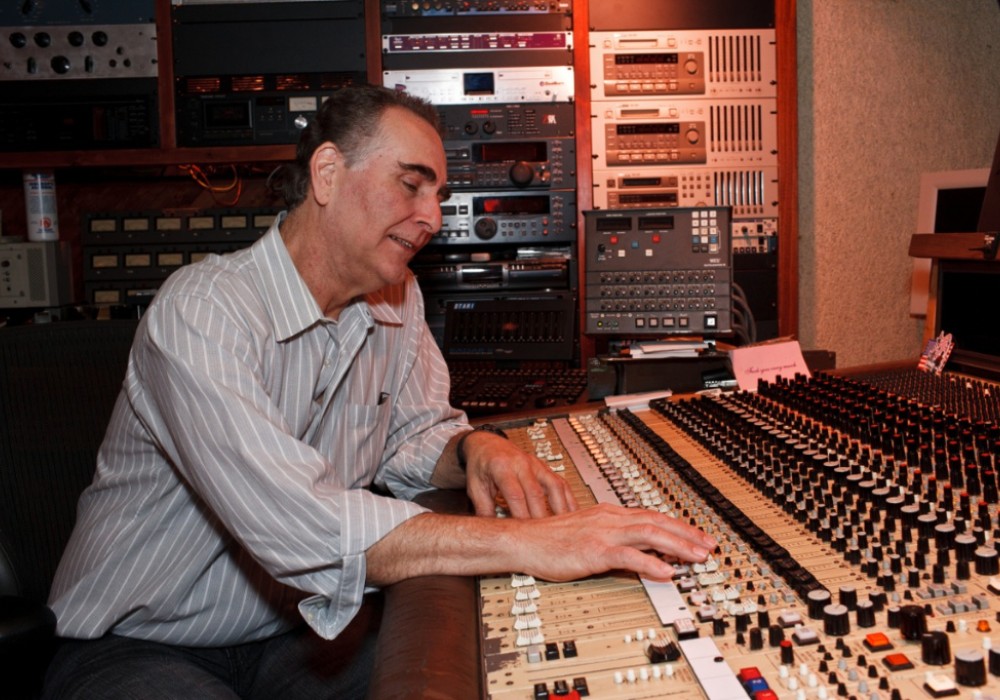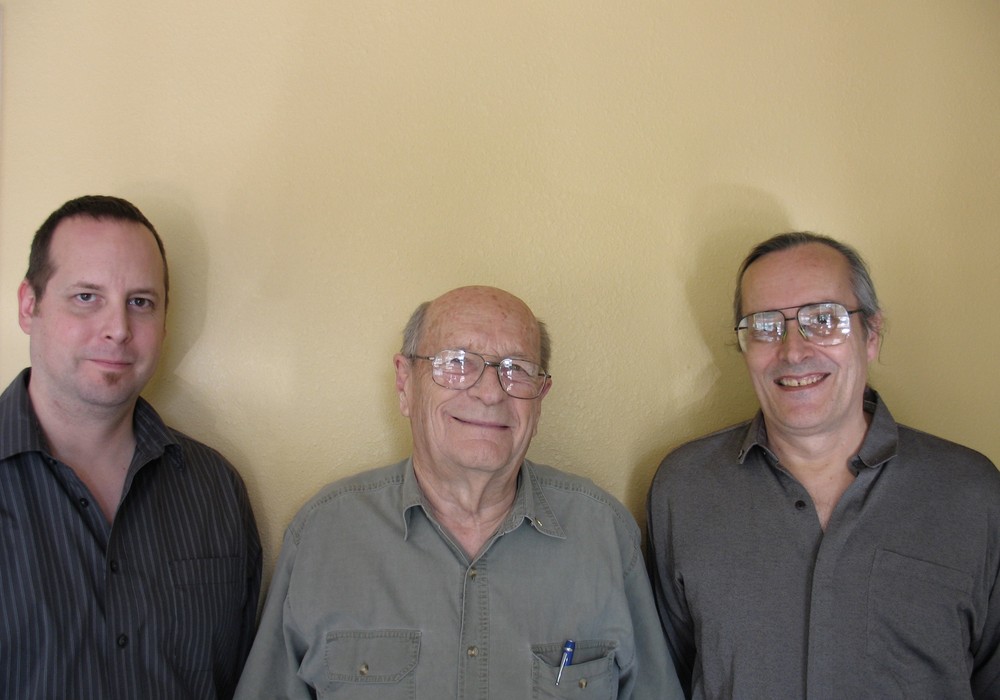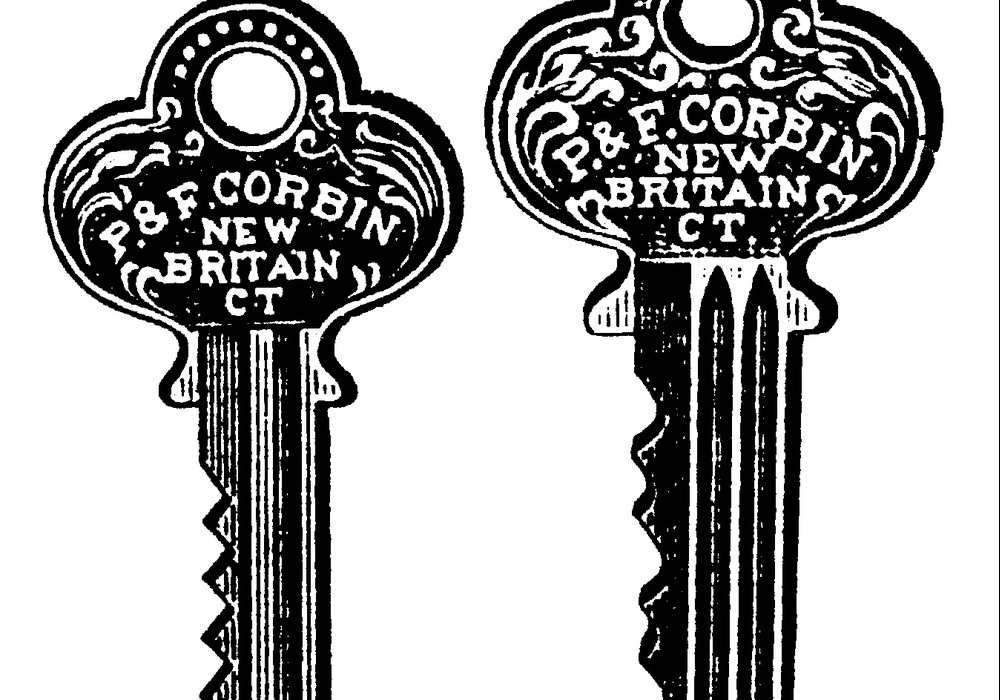#10 ALWAYS DOCUMENT THE RECORDING SESSION IN SOME WAY.
Take numbers, mic placement, effect settings, date of recordings, song titles, artist and writers names, reel numbers, BPM and SMPTE Song Start Times, track assignments, tape setup info, lyric/music sheets, phone numbers and good Thai take-out places. They are all important. Maybe even keep a studio log.
#9 DEVELOP A STYLE.
That is to say, a routine or method to your studio madness. A lot of studio work is repetitive... doing it over and over until it is right, and it's important to establish good working habits that work for you and the people who work with you. Style is also about organization.
#8 RELATIVE STRENGTHS AND WEAKNESS' OF PEOPLE AND EQUIPMENT.
Everyone's ideas and opinions are valid in some context. The trick is to evaluate their worth in your particular situation. Likewise, all recording equipment has better and worse qualities in certain applications. Check out what works for other people who are on the same creative track as you.
#7 LEARN YOUR EQUIPMENT.
There is nothing worse than working with someone who is inept. Even if you are like me, a klutz, you need to really focus on what you are doing right now at this moment. Mental concentration is a valuable asset in the recording studio. Restrict outside interruptions (phone calls and domestic intrusions) if you have to. If you are hopelessly at odds with yourself as a recording engineer or MIDI programmer then hire some help. This would free your mind up and allow for more vicariously creative thoughts.
#6 NO PRECONCEIVED EXPECTATIONS.
Expecting something to happen just because you have conceived it in your mind might lead you to be disappointed, especially if you are working with someone new to you. A realistic expectation of what is going to occur in a given session can be surpassed if the session vibe is good. If it's up to you, then you have to make it happen. If you rely on outside help, then just allow things to happen by establishing an atmosphere that brings out the best in people.
#5 GET THE BUSINESS STRAIGHT FIRST.
Unless you are just "doing a hang thing with your buds", then have some sort of understanding when you go down that "co-write" or "co-produce" trail. Without a doubt this "understanding" will evolve as your relationship grows. It can be verbal if all parties are okay with that. Just remember all the countless stories about getting screwed over misunderstandings and forgotten details.
#4 MAKE DECISIONS.
If there is anything for sure then it's that the technologies (MIDI, Multi-track, digital) allow you to put off making production decisions if you want to. Recording and production are analogous to building a house. You can't decide to move the foundation around after you have fully decorated all the rooms. Frequent decisions and living with them is the sane approach to good sounding and good feeling recordings.
#3 THE TIME THING.
Allow more than enough time to do things. You must respect everyone's time constraints and their sense of time. Some people are always late so you may have to adjust if you are always on time. People are going to work at different speeds then you. In an amicable recording situation, your time is not more important than anybody's else's. The session moves at the pace of the slowest person or the slowest process.
#2 DEMOCRACY DOESN'T WORK WELL IN THE STUDIO.
Even in an equity band situation, where everyone has a say in writing and production direction, there has to be a person with "the plan" or "the concept". Generally, the person with "the vision" will keep the direction of the session/project on course, on time and on budget.
#1 PATIENCE, PATIENCE, PATIENCE.
Rarely does the "magic" happen immediately. It may never happen. It may have happened and you didn't know it. It could happen in the next moment but you gave up on it. Just be patient.


